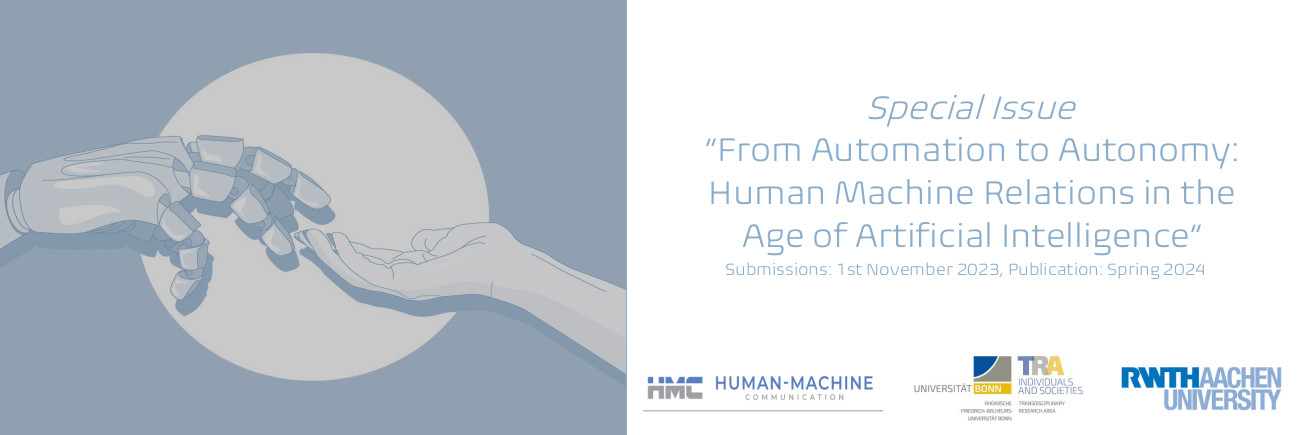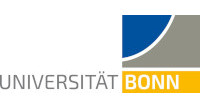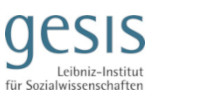
From Automation to Autonomy:
Human Machine Relations
in the Age of Artificial Intelligence
Call for Papers
Special Issue Editors:
Caja Thimm, Ph.D (thimm@uni-bonn.de)
Professor for Media Studies and Intermediality, University of Bonn
Maximilian Mayer, Ph.D (maximilian.mayer@uni-bonn.de)
Assistant Professor for International Relations and Global Politics of Technology, University
Frank Piller, Ph.D (piller@time.rwth-aachen.de)
Professor of Technology & Innovation Management, RWTH Aachen University
Gabriele Gramelsberger, Ph.D (gramelsberger@humtec.rwth-aachen.de)
Chair for Theory of Science and Technology, RWTH Aachen University
Autonomy, originally a key concept of the Enlightenment epitomizing aspirations of modernity, has become one of the central and particularly high-profile concepts in debates on digital transformations. The associated debate comprises polarizing perspectives that oscillate between the restrictive or dangerously uncontrollable effect of digital technologies, such as facial recognition, surveillance or 'autonomous weapons' and the liberating, autonomy-enhancing function (in areas such as 'smart home', 'collaborative robotics', 'assisted living' and privacy protection). Application contexts include, e.g., administration, military and police, social and health-related services, medicine and education, and the digital economy with its diverse challenges regarding the future of work. Given the ongoing datafication, and an increasing influx of artificial intelligence into many sectors of society, the concept of autonomy needs re-definition and reflection under contemporary technological conditions.
The Special Issue wants to provide a platform for the interrogation of the concept of autonomy in the Age of artificial intelligence and the evolving human-machine-relations that result from it. A starting point to understand autonomy in the digital age could be conceptual sensitivity that asserts the possibility of autonomy for both personal subjective and collective social relations. On both levels, conditions for autonomy are subject to rapid change. Outlining the distinction between autonomous and automatic systems, different degrees of autonomy can be distinguished - from weak forms, in which it is a matter of gradual absence of external control, to strong forms, in which the respective 'autonomous' entity shapes social relations and might be able to set its own rules.
With the development of Artificial Intelligence (AI) systems and the increasing use of robots and smart machines in everyday life technological transformations have come along with social changes and new conflicts and contestations. Questions of privacy and data use, the future of work or the subsequent dawn of a 'post-capitalist' society, as well as the discussions about the consequences of autonomously acting combat robots and the ethical regulation of warfare are just a few examples of the present challenges and those still to come. Meanwhile, discourses of technological autonomy address an array of issues concerning the future of democracy. Global digital dependencies, the delegation of authoritative power and the rise of global platform companies challenge the political autonomy of democratic states and their technological sovereignty. On a cultural level, the integration of autonomous systems into society launches a discussion about a technologically induced crisis of humanist values and question the relevance of the enlightenment ideals for today’s socio-technical practices. Studies related to trans- or posthumanism construe technologies as an opportunity to improve or even overcome the human condition. Visions of human enhancement, virtuality, cyborg-societies mingling with autonomous machines and artificial superintelligence might sound utopian today, but perhaps not anymore tomorrow. Such reasoning that includes both optimistic assumptions and skeptical anticipations illustrates the urgency of re-defining not just our idea of personal autonomy within a digital and datafied society but also the need to theorize and analyze new forms of state and system autonomy to understand the scaffoldings of future societies. Interdisciplinary research on the concept of autonomy is needed in order to substantiate our normative, functional, and epistemic claims on the future developments of the relationship between humans and technology.
The Special Issue aims to include diverse and interdisciplinary perspectives. We intend to explore the significance of autonomous living in our digital societies, to question the humanist concept of autonomy itself in our technological reality, and to analyse the implications of our interaction with (semi)autonomous systems. Submissions from all social sciences, humanities and technology disciplines related to the following topics and questions are highly welcomed, but do not need to be limited to these:
Section 1: Theoretical approaches & interdisciplinary perspectives:
What is the status of the idea of autonomy in a digital society in which mutually autonomous interactions between humans and technology have become a reality? How to define and conceptualize autonomy of machines? How will the growing influence of autonomous systems affect social structures, political systems, labor and governmental control measures?
Section 2: Contexts:
How are (emerging) modes of (technical) autonomy and agency reshaping societies and personal life-worlds? Which different puzzles of “automation” and “autonomy” emerge in practical contexts and fields from art, medicine and political institutions? How can cultural and systemic differences in technology policy be reflected and specified on the basis of the innovation of autonomous systems?
Section 3: Norms and ethics:
Which (post-Eurocentric) epistemologies and vocabularies question/enrich the debates about “autonomy” and humanism in the new digital reality? Should autonomy be understood as an intrinsic quality or as an effect in a relationship characterized by power relations? What normative requirements must autonomous systems and infrastructures meet in communication in an ethically engaged digital society?
Section 4: Collaboration:
What degree of autonomy do we ascribe to robots in a collaboration situation? What synergies arise from the collaboration between humans and autonomous systems in different contexts? What role do autonomous robots play in hybrid decision-making-processes? Can autonomous robots be conceptualized as part of an automated process?
Keywords:
Autonomy, Automation, Human-Machine Communication
Deadline:
Submissions are due 1st November, 2023; the publication date will be spring 2024.
For more information or questions, please contact Caja Thimm (thimm@uni-bonn.de) or Gabriele Gramelsberger (gramelsberger@humtec.rwth-aachen.de).
All manuscripts should be submitted via the journal’s online submission system (hmcjournal.com) with the remark, “Special Issue Autonomy ” in the cover letter. In the online submission system, there will be a drop-down menu under Document Type. Please choose “Special Issue Submission Autonomy .” For formatting and length specifications, please see the journal’s Instructions for Authors.




